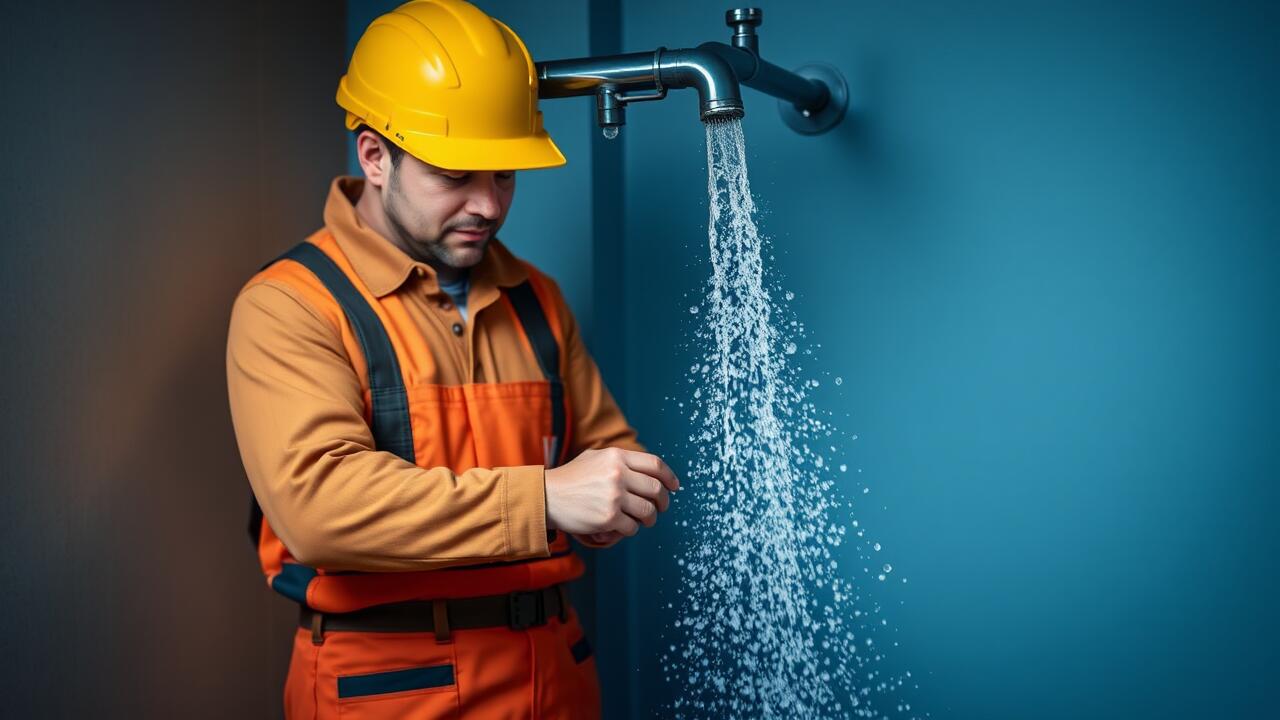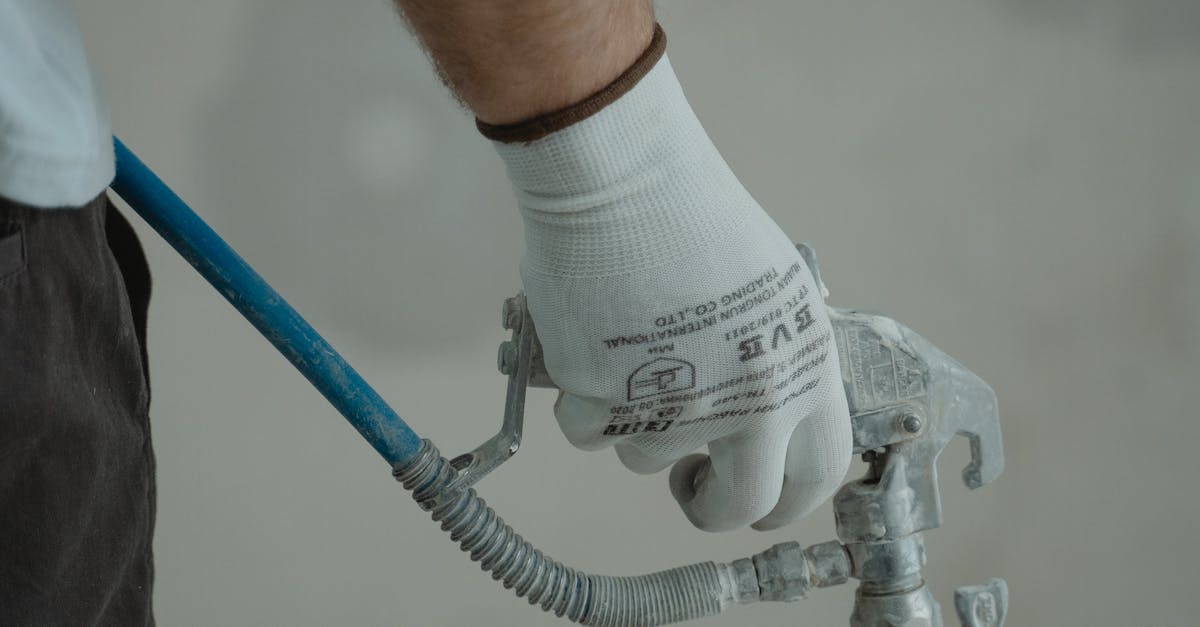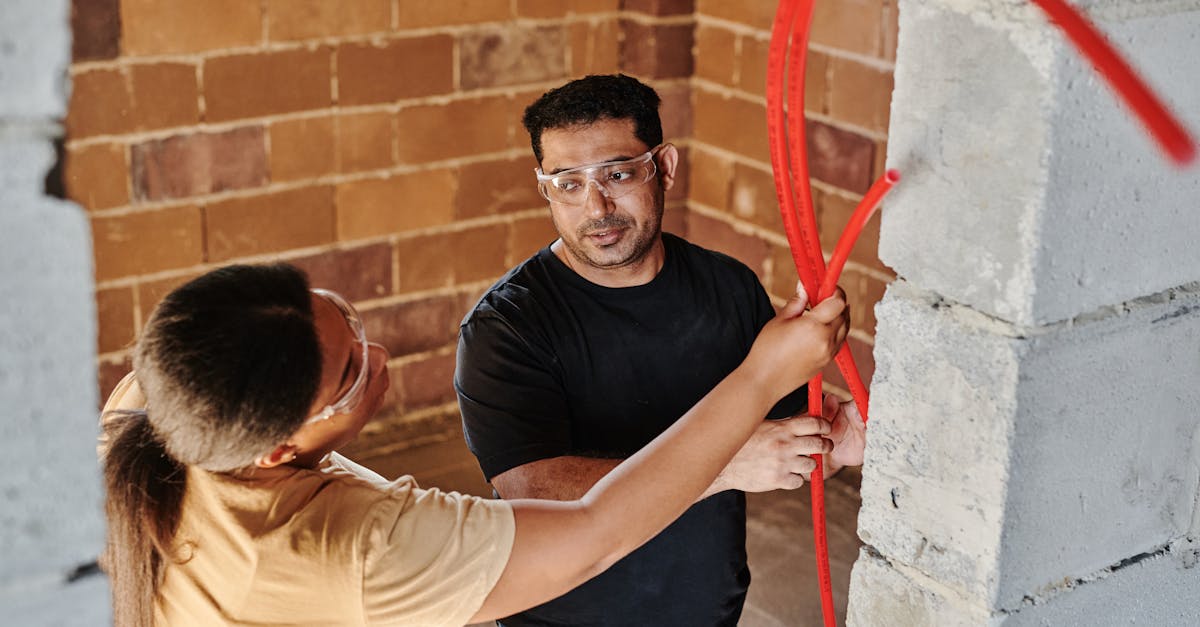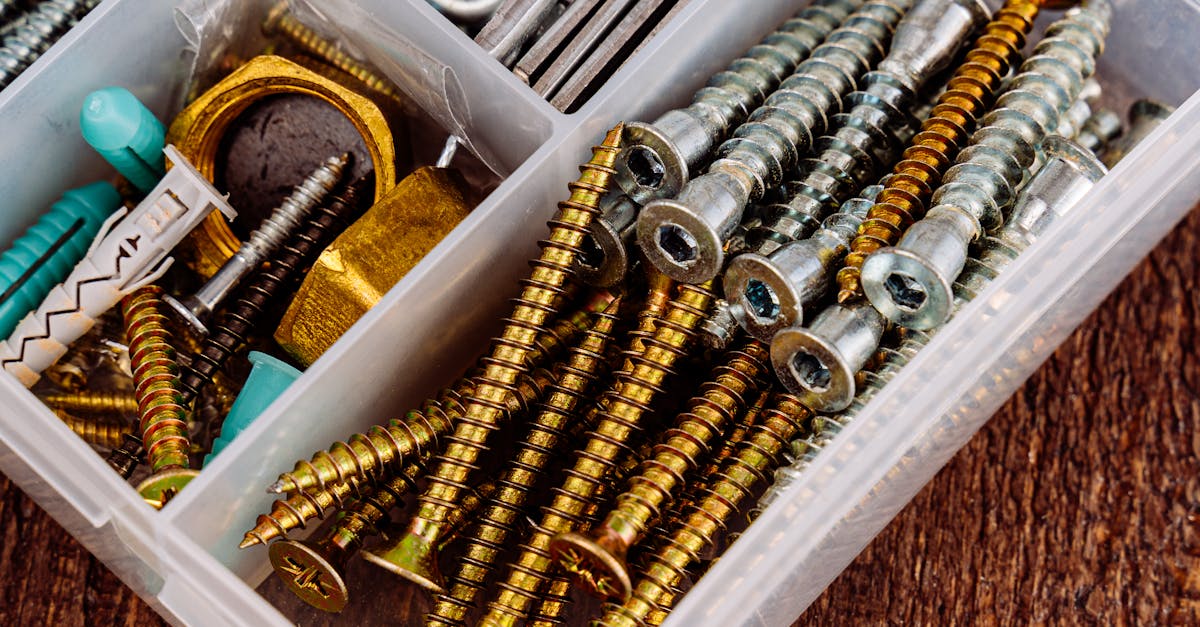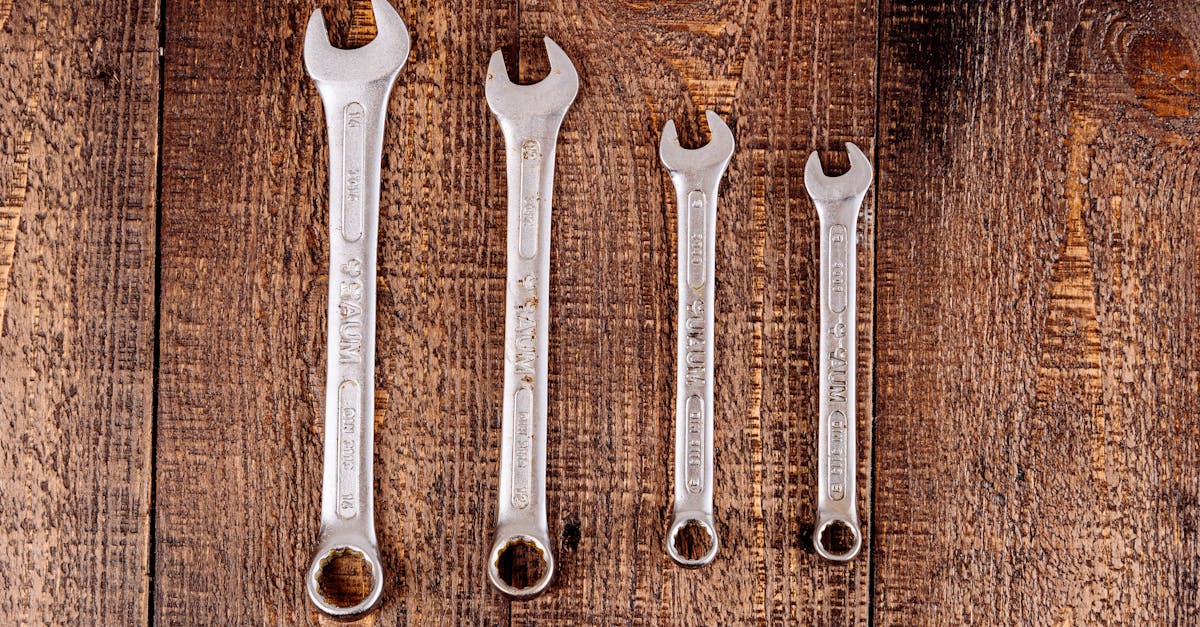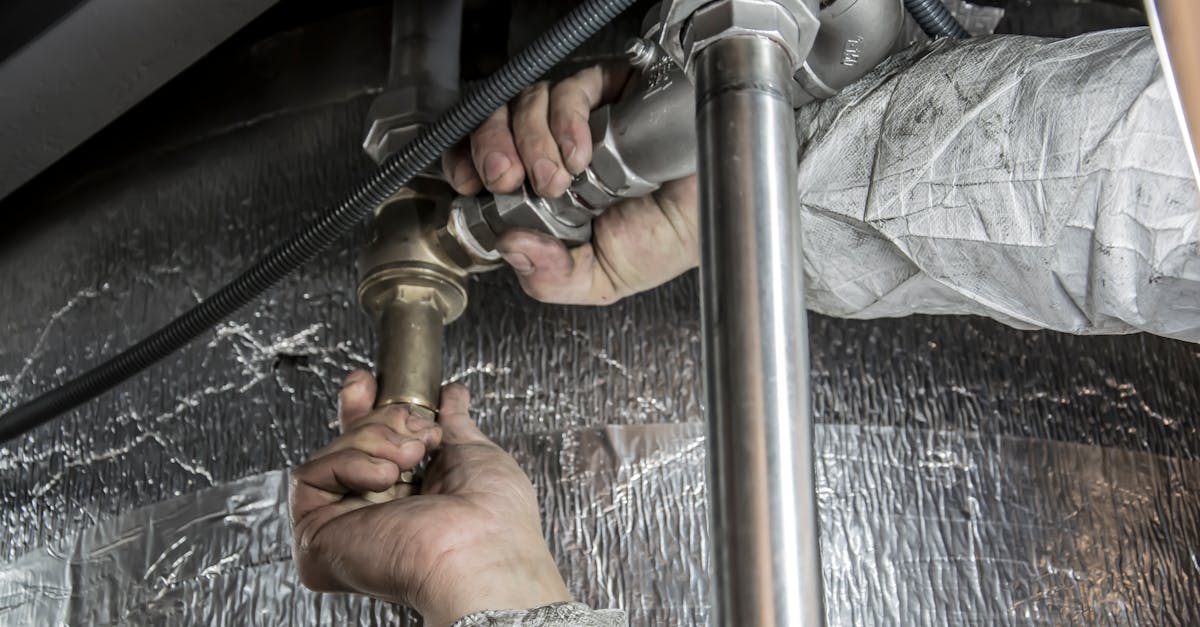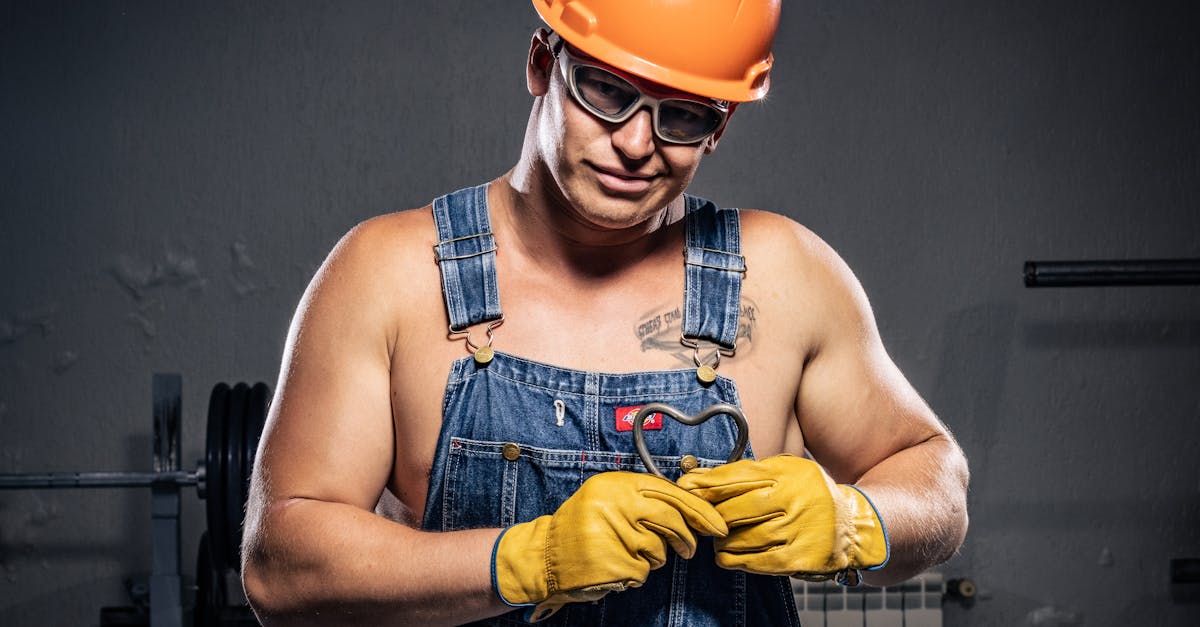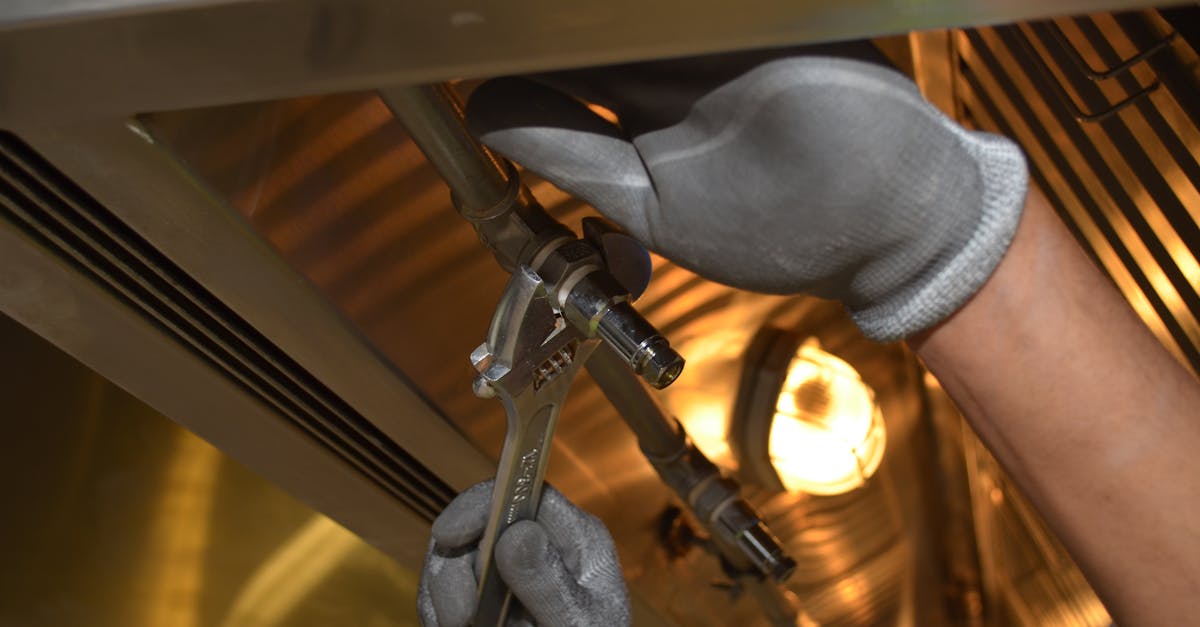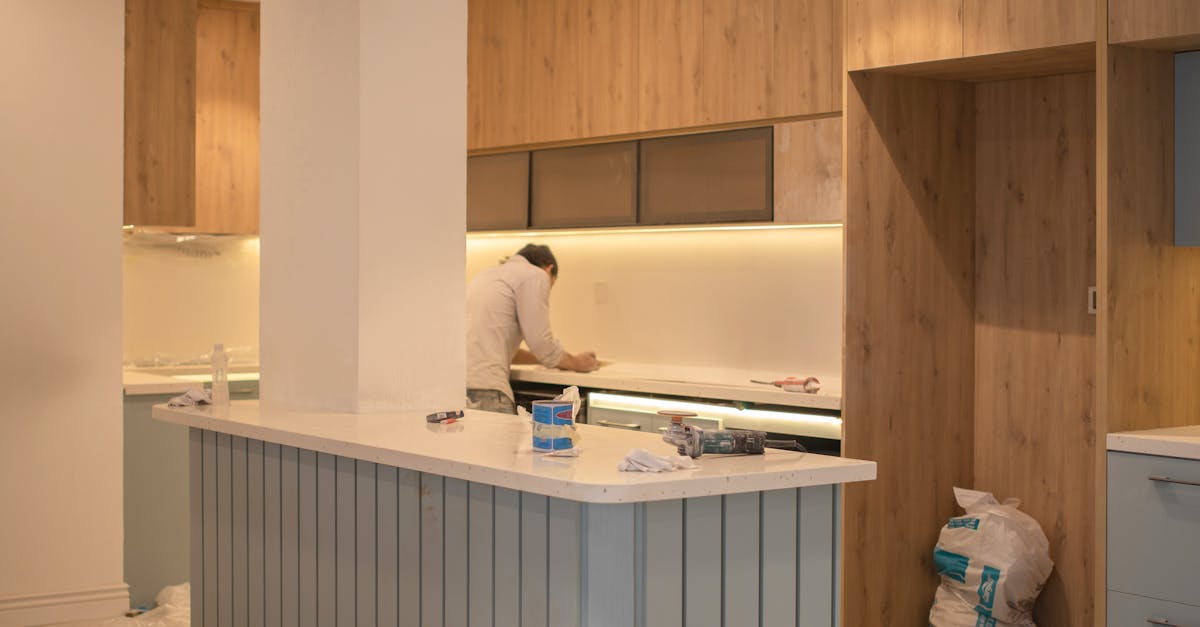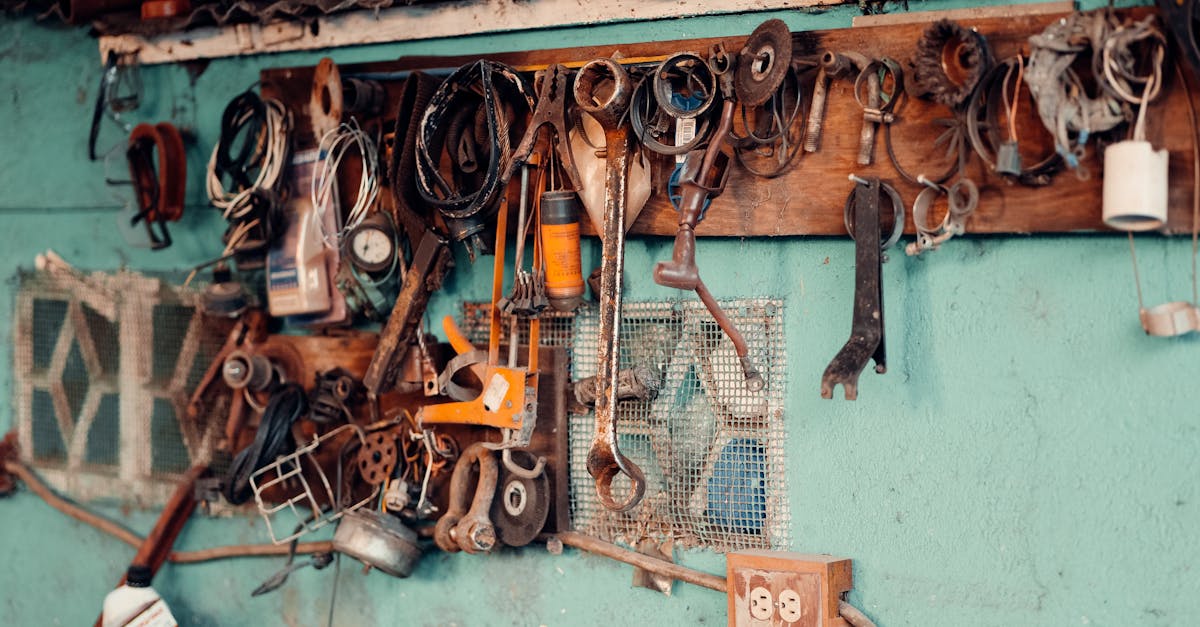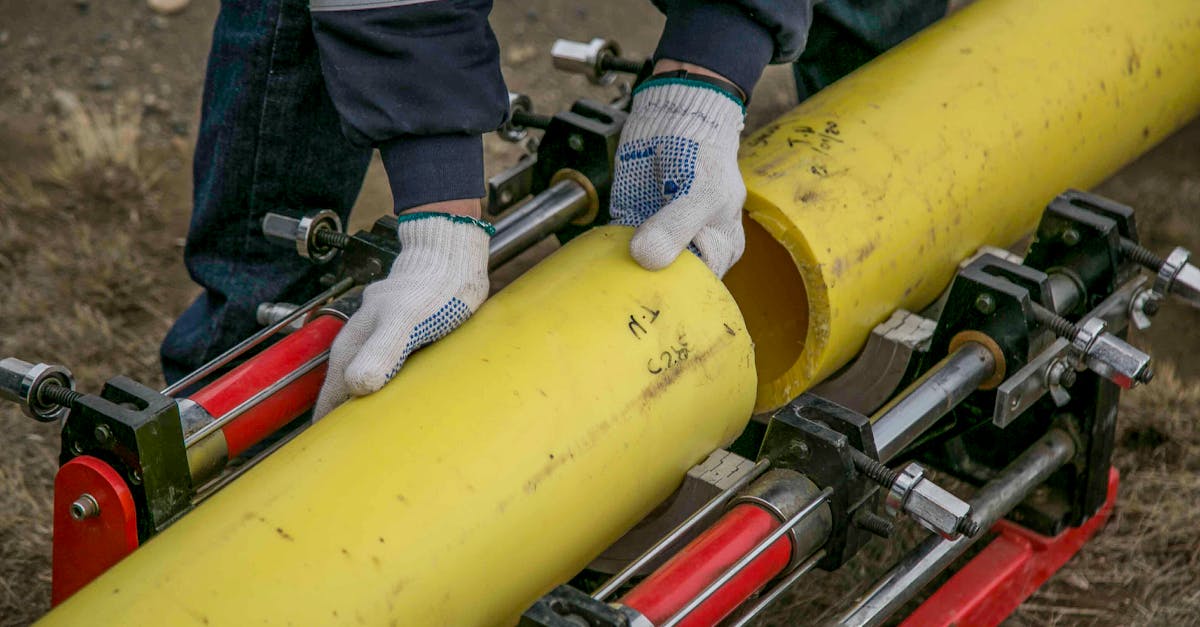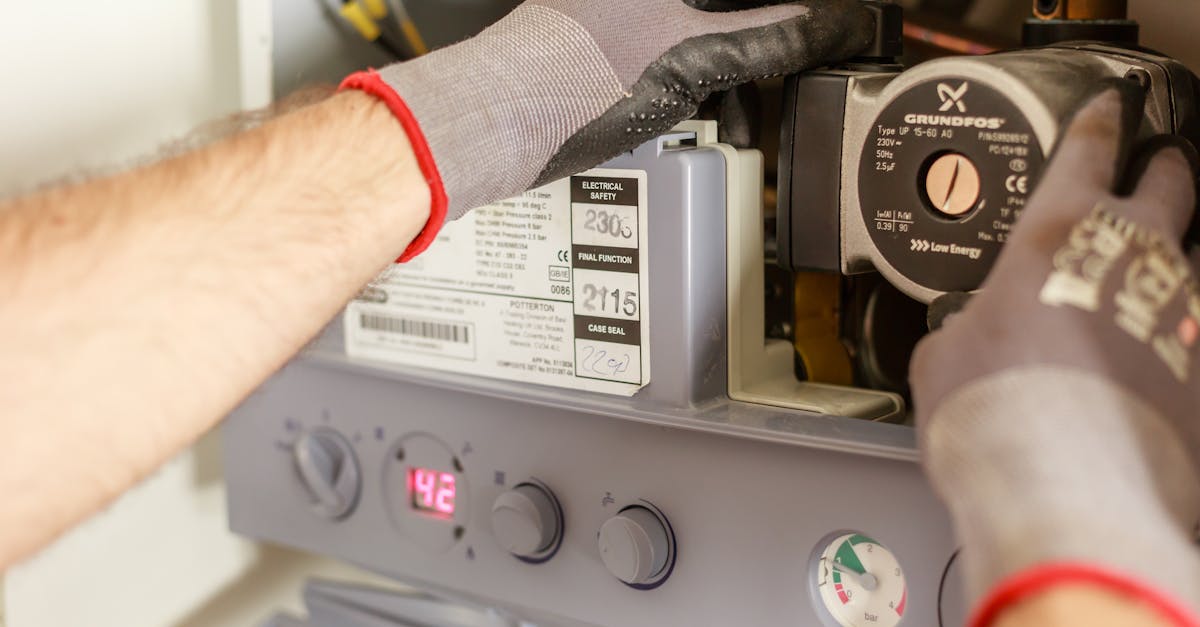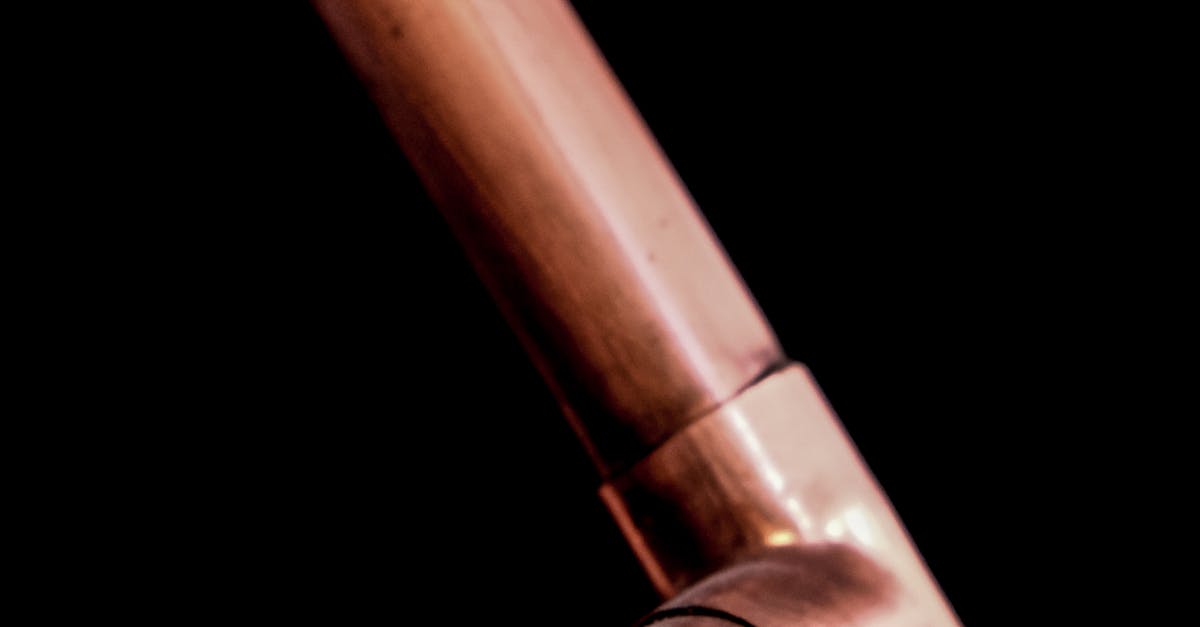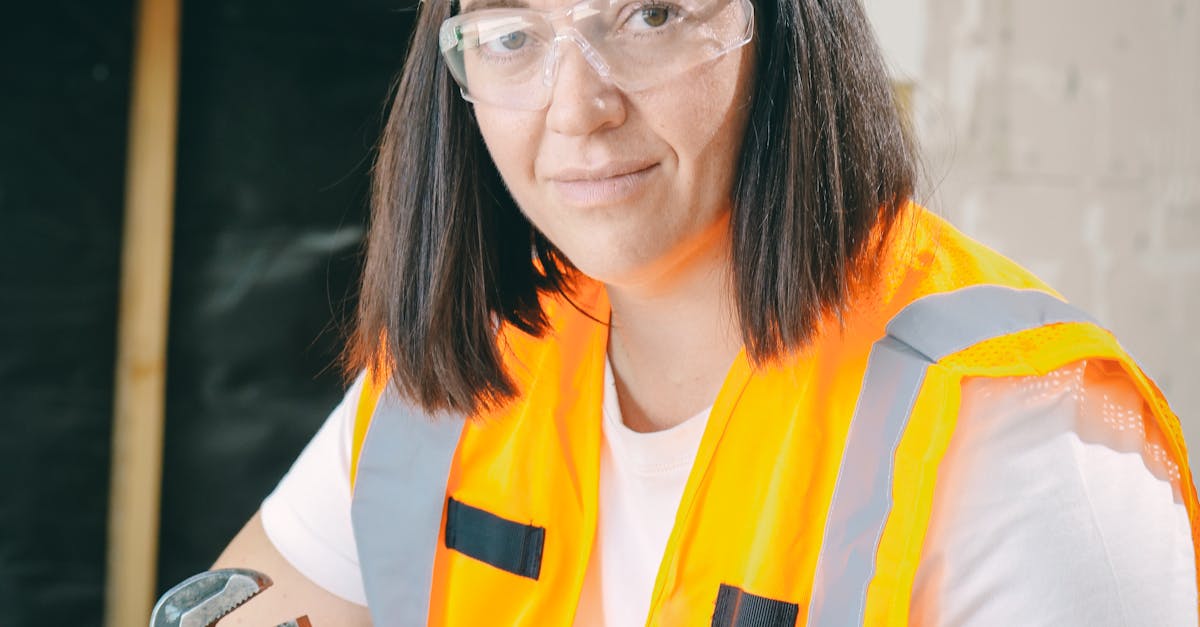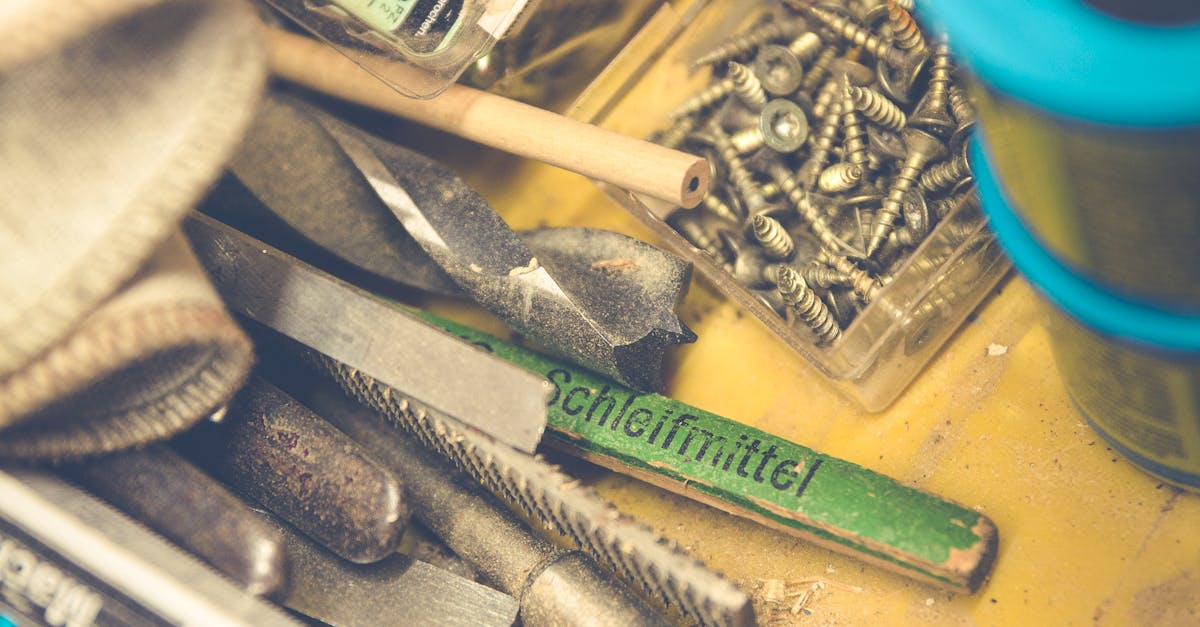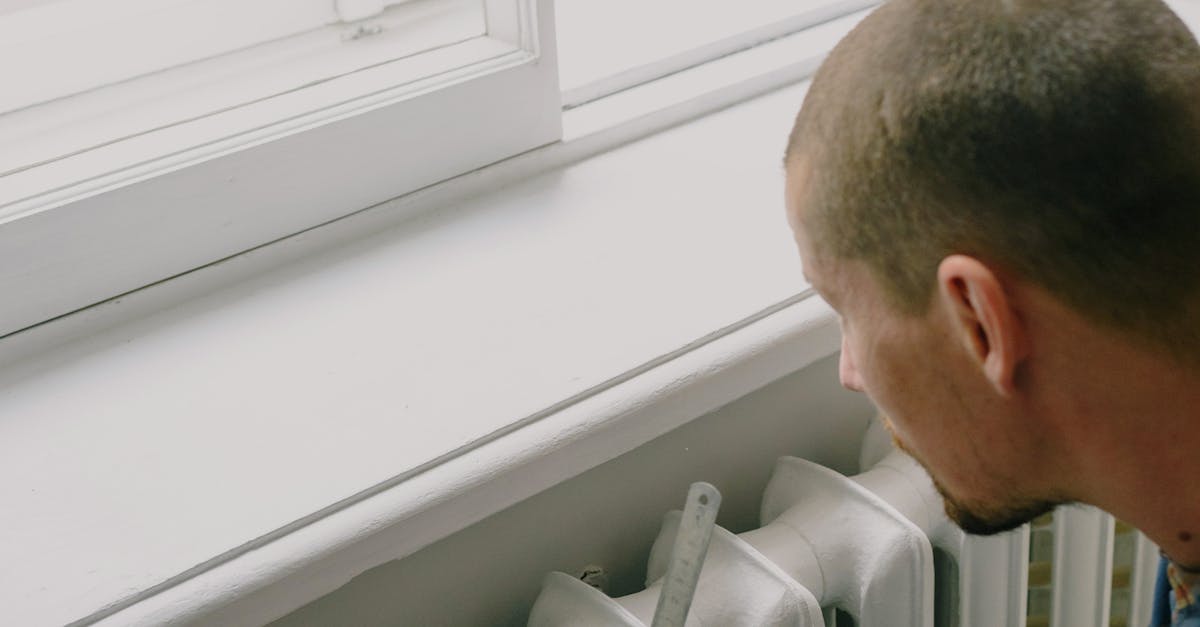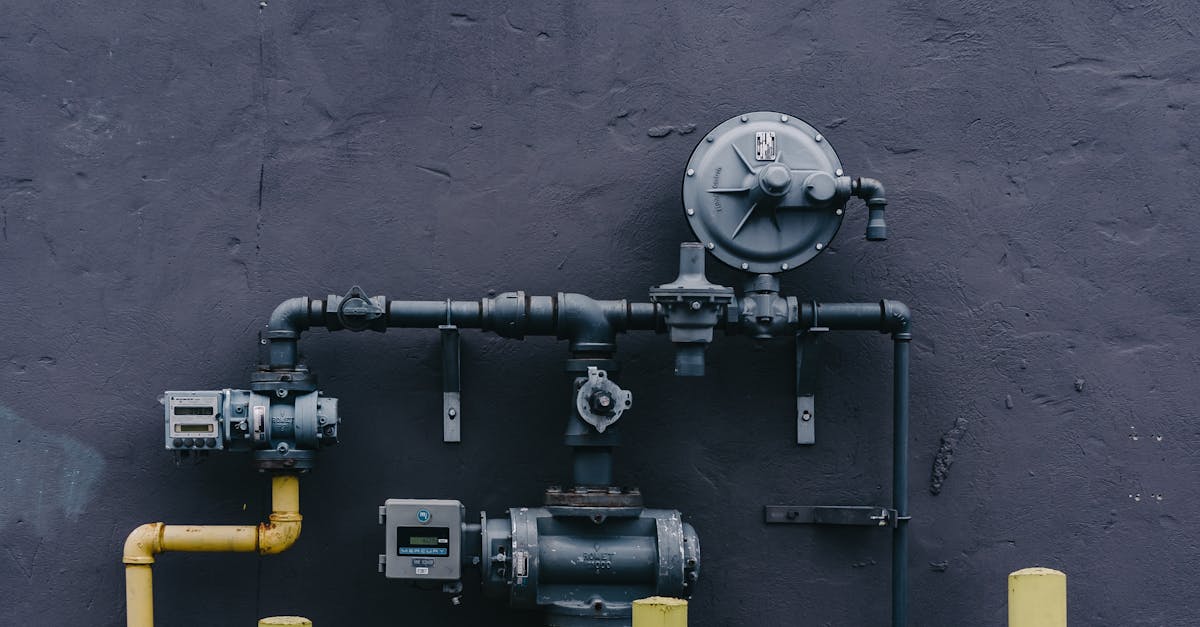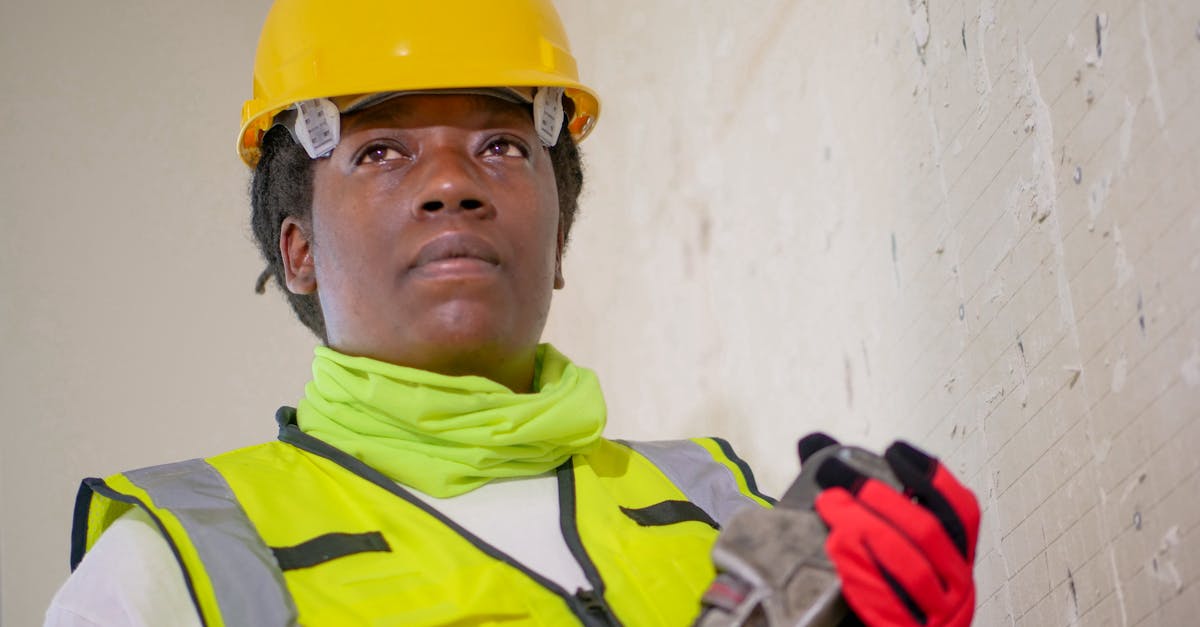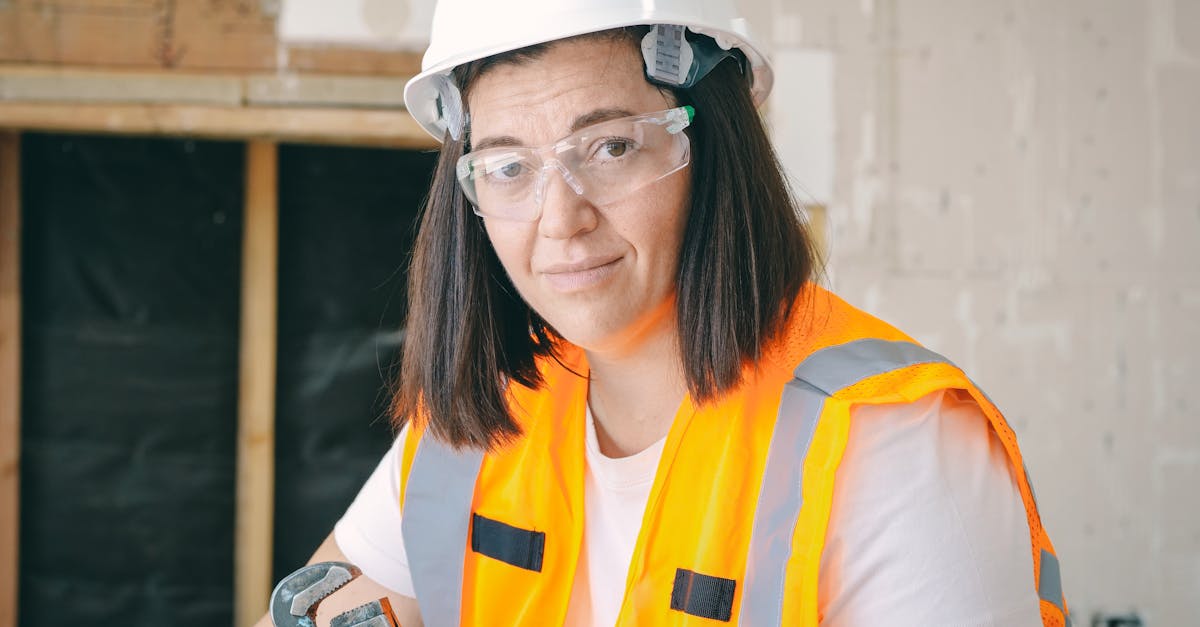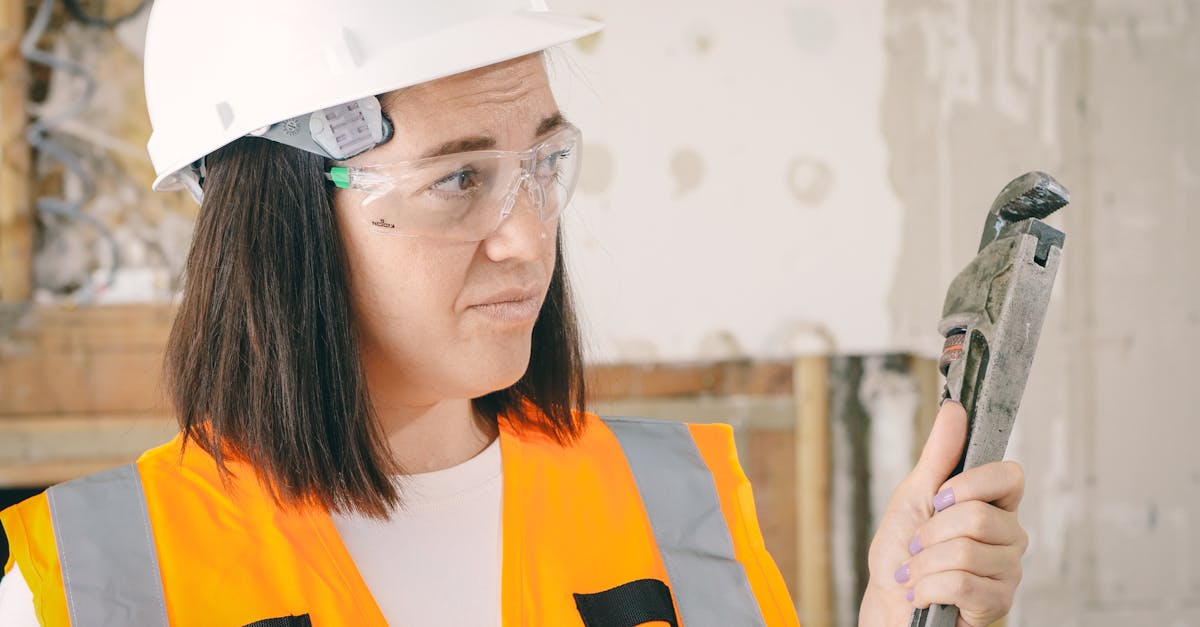
Table Of Contents
Installation Considerations for Heat Pump Systems
When considering heat pump hot water systems, installation requires careful planning and assessment of your property's specific needs. The efficiency of these systems largely depends on proper installation; therefore, selecting a qualified professional for your hot water installation is crucial. The location of the unit plays a significant role in its performance. Ideally, it should be positioned in an area that allows for adequate airflow and is away from direct sunlight. This ensures that the system can effectively draw in ambient air for temperature regulation.
The electrical requirements and space constraints should also be evaluated during the installation process. Heat pumps typically require access to a power source and sufficient space for both the outdoor and indoor components. Ensuring that the hot water installation complies with local building regulations and energy efficiency standards is essential for optimal operation. Failure to consider these aspects may lead to inefficiencies and frustrations in the long run.
Choosing the Right Location and Setup
Selecting the appropriate location for a heat pump hot water system is crucial for optimal performance and energy efficiency. The unit requires ample space for airflow to function properly, so positioning it in an open area, away from obstructions, is recommended. Besides the physical space, consider local climate conditions, as heat pumps are most efficient when outdoor temperatures remain moderate. Installing the system in an area that experiences extreme temperatures may limit its overall efficiency and effectiveness.
When planning for hot water installation, remember to assess proximity to existing plumbing. A shorter distance from water sources can minimise energy loss during hot water delivery. Additionally, potential noise levels are worth considering, as heat pumps can generate sounds during operation. For residential setups, placing the system away from living areas can improve comfort without sacrificing convenience. Proper location and setup are key elements in ensuring a successful heat pump hot water system installation.
Maintenance Requirements for Heat Pump Hot Water Systems
Regular maintenance is essential for ensuring the long-term efficiency of heat pump hot water systems. It is important to schedule routine inspections, which help identify any issues before they escalate into significant problems. Cleaning filters is a crucial step in this process, as clogged filters can impede performance. Additionally, checking the condensate drain and ensuring it is clear can prevent water damage and operational complications.
When undertaking maintenance for heat pump systems, homeowners should also pay attention to the overall hot water installation. Inspecting the insulation around pipes prevents heat loss and enhances system efficiency. It is also advisable to monitor the pressure relief valve to ensure it functions correctly, as this contributes to the safety and efficiency of the system. Following these maintenance practices can lead to a more reliable heating solution, benefiting both performance and longevity.
Ensuring Longevity and Efficiency
Regular maintenance is crucial for ensuring both longevity and efficiency in heat pump hot water systems. This includes periodic inspections of the unit, checking for any signs of wear or damage. Cleaning or replacing filters is essential to maintain optimal air flow and performance. Additionally, monitoring the refrigerant levels and ensuring that the compressor operates smoothly can prevent unnecessary strain on the system.
Proper insulation around the storage tank and pipes also contributes to energy efficiency. This helps to minimise heat loss during operation, allowing the system to maintain desired temperatures with less energy input. Implementing smart controls can further enhance performance by allowing users to adjust settings based on usage patterns. Ultimately, taking these steps during the hot water installation and throughout the system's life can lead to sustained efficiency and a longer lifespan.
Potential Drawbacks of Heat Pump Hot Water
Heat pump hot water systems may face limitations in performance during extremely cold weather. In such conditions, these systems can struggle to extract sufficient ambient heat, potentially leading to reduced efficiency and lower water temperatures. This drawback is particularly notable in regions that experience frost or prolonged periods of chill, making it essential to consider climate when planning a hot water installation. Homeowners in colder areas may find that a heat pump alone does not adequately meet their hot water needs during peak winter months.
Another consideration is the initial cost associated with a heat pump hot water system. While they offer savings on energy bills over time, the upfront investment can be significantly higher compared to traditional systems. This higher cost may deter some homeowners from pursuing a heat pump system. Additionally, the installation process can require more space and may involve alterations to existing plumbing or electrical systems, further complicating the hot water installation.
Common Challenges and Solutions
Heat pump hot water systems offer various advantages, but they are not without challenges. One common issue is the requirement for adequate space, as these systems need a specific setup to operate efficiently. Inadequate ventilation can lead to reduced performance and may cause the system to struggle in generating sufficient hot water. It's crucial to assess the environment before proceeding with hot water installation to ensure optimal conditions are met.
Another challenge lies in the environmental considerations associated with heat pump systems. While they are generally more energy-efficient than traditional heaters, their performance can be affected by colder climates. In low temperatures, heat pumps may become less effective, leading to potential delays in hot water recovery. Addressing this can involve selecting a model designed for cooler environments or integrating supplementary heating options to ensure consistent hot water availability.
FAQS
What is a heat pump hot water system?
A heat pump hot water system uses electricity to move heat from one place to another instead of generating heat directly. It extracts heat from the air or ground and uses it to heat water, making it an energy-efficient option.
How much can I save on energy bills with a heat pump hot water system?
Savings can vary depending on your energy usage and local electricity rates, but many users report reductions of up to 75% compared to traditional electric water heaters.
Are there any special installation requirements for heat pump hot water systems?
Yes, proper installation is crucial. The system should be placed in a location with adequate airflow, away from any obstructions, and ideally in a shaded area to maximise efficiency.
What kind of maintenance does a heat pump hot water system require?
Regular maintenance includes checking and cleaning the air filters, inspecting for leaks, and ensuring the unit is free from debris. It’s advisable to have a professional service it annually to ensure optimal performance.
What are some common challenges with heat pump hot water systems?
Some challenges include decreased efficiency in colder climates, the initial higher cost of installation, and noise from the unit. However, many of these issues can be managed with proper placement and maintenance.
